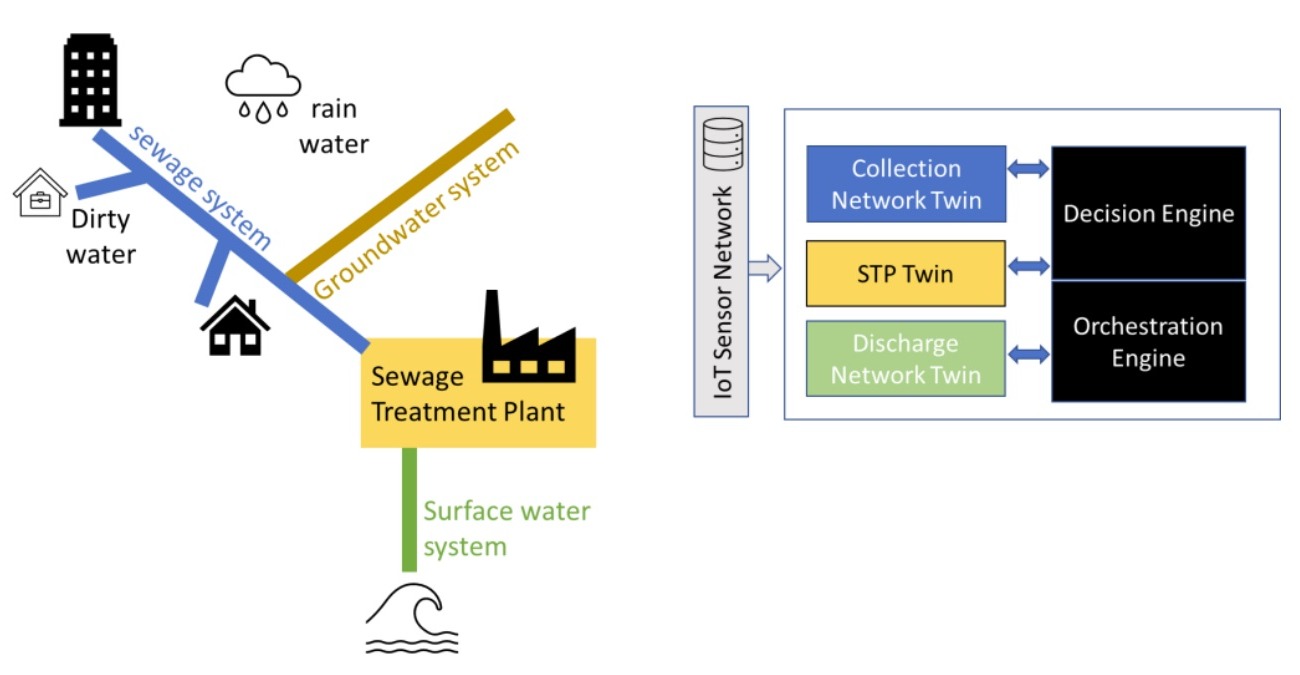UG collaborates with Chinese partners to improve management of wastewater
Prof. Alexander Lazovik and Prof. Dilek Dustegor of the University of Groningen’s Bernoulli Institute are set to receive a EUR 700,000 grant for research on improving wastewater management. Together with Chinese partners they will address the dilemma of low treatment efficiency in remote rural areas and how to improve environmental quality.
The grant from the Dutch Research Council (NWO) and the Chinese Academy of Sciences (CAS) will bolster efforts to provide intelligent governance, collection and treatment of wastewater. The Chinese partners receive an amount of EUR 234,000 from CAS for their share in the project.
Clean water and environmental impact
The four-year DDTclean (Intelligent Wastewater Treatment: Distributed Digital Twin for Clean Water) collaborative project focuses on the development of future-oriented wastewater treatment technologies, especially in remote areas that are not connected to the centralized wastewater system. The aim is to provide clean water and meanwhile create more impact on the protection of the environment and ecology. In doing so, use is made of electrochemical-membrane technologies and scalable Artificial Intelligence enhanced distributed Digital Twin framework. The main focus will be on Chongqing, where UNESCO world heritage Yangtze Three Gorges is located.
Partners in green intelligent technology
The consortium consists of seven partners, working in the field of green intelligent technology, water and ecology. The University of Groningen (UG) and the University of Amsterdam (UvA) will collaborate with two top research institutes, based in Chongqing and Beijing, affiliated with the Chinese Academy of Sciences (CAS). Companies from both the Netherlands and China, will provide support for the research and the further societal applications in both countries.
'Green Water' research projects
This is one of four Sino-Dutch projects being jointly subsidized by the NOW and CAS to discover safe and sustainable drinking water supplies and water management in both urban and rural areas.

More news
-
17 February 2026
The long search for new physics
-
10 February 2026
Why only a small number of planets are suitable for life
